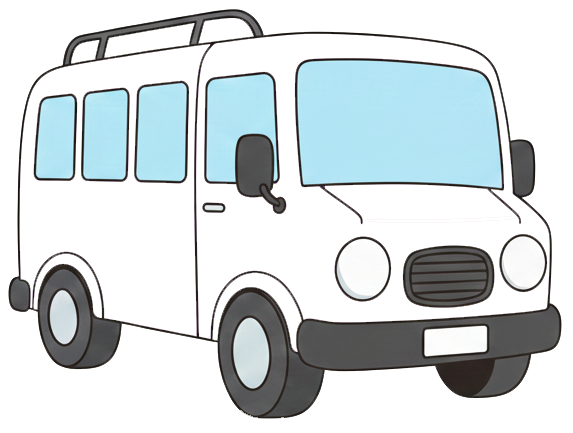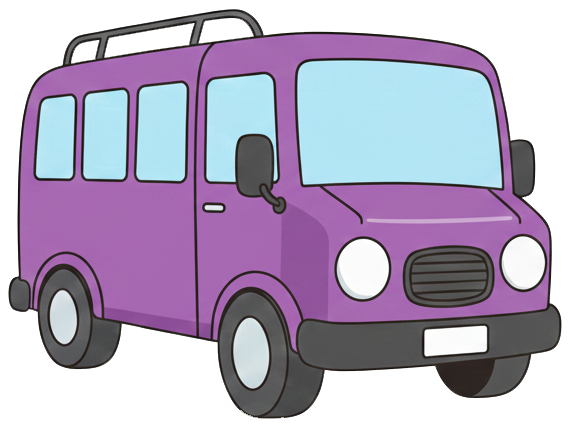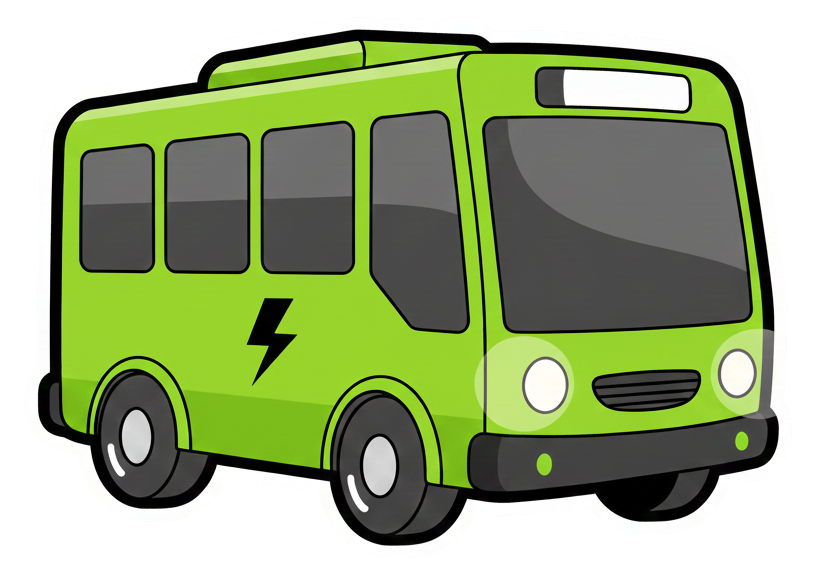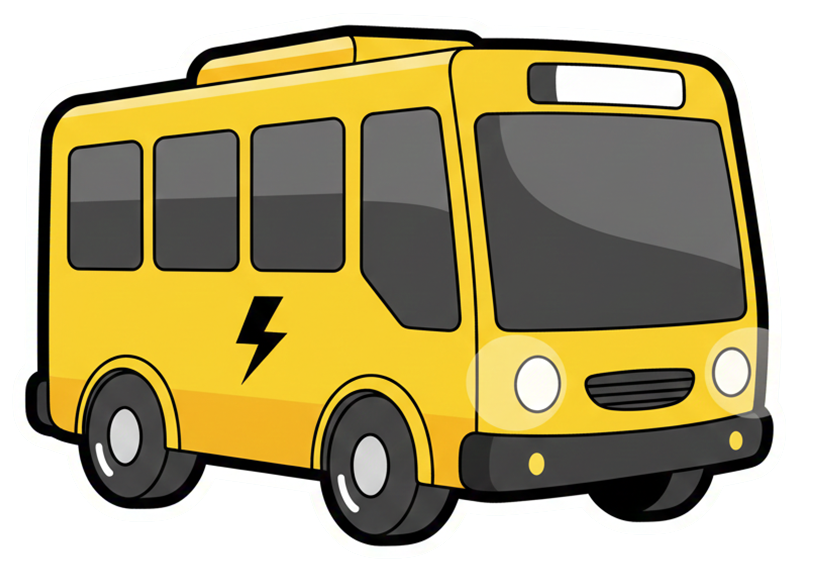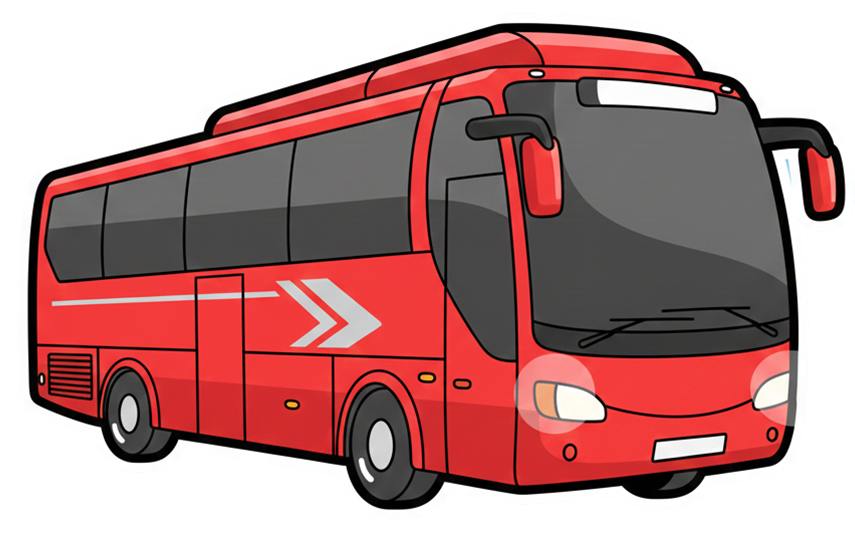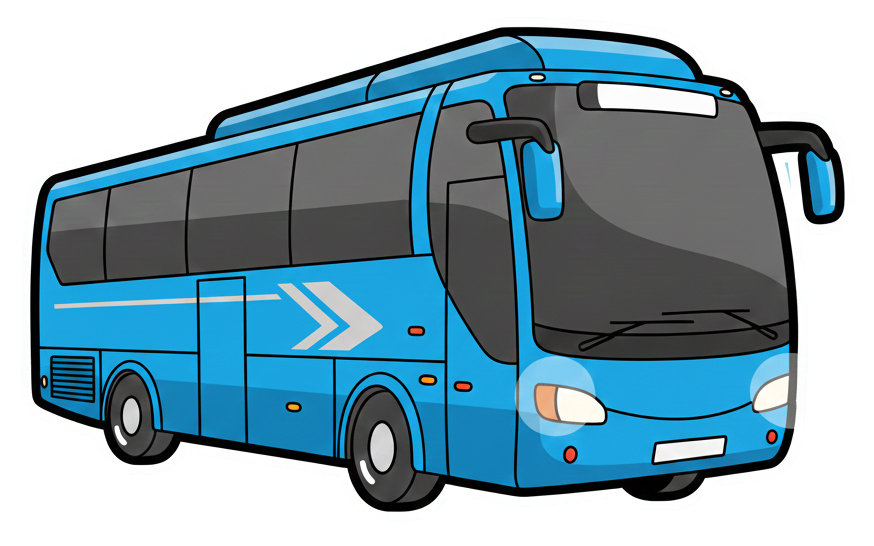- Seminar
- 20th November at 2:00 pm
Coach operator and RHA Chair Richard Bamber considers the changes affecting the coach industry, takes stock of its position and wonders what might be ahead, introducing some of the topics you’ll read more about in our series of CBWShow virtual seminars.
I always said that rather than restart after the pandemic, there would be somewhat of a reset for the industry. Arguably there has been more change within the sector in the last five years than the previous 50. We have seen bankruptcies, closures due to retirement, amalgamations and consolidation. Rising vehicle prices, both new and used, due to lack of availability of stock have all been recent concerns for operators – though it’s been great if you have been the one selling but not so good if you’re buying!
We have seen substantial rises in wages; the coach industry now pays some very attractive salaries but still we struggle to attract the right calibre of new entrants. Parts prices and other overheads have increased, but to balance it out somewhat the coach industry has finally been able to achieve realistic hire rates. The race to the bottom seemed to be over, or so we thought. Better still, the coach industry finally found its voice. We waited many years for more vocal trade association representation, and rather like buses (or sometimes even coaches!) three came along at once; I may have had a hand in founding one but that’s a different story.
A Plateau
Each day operators spend their time fire-fighting, but after a few years of good times and attractive rates with operators making good livings, the general economic downturn is now having an adverse effect. I felt we got to our ceiling with hire rates last summer; as an industry we couldn’t keep pushing them up, and we were getting kick-back from schools as they said they could no longer afford trips. Also the argument of coach hire being more cost effective than several cars was in danger of becoming one we would lose – the balance was tipping the other way, work was slowing down and then naturally, in some areas rates began to fall again.
We must also face up to the challenges of net zero. Looming dates for the cessation of sales of diesel vehicles have been set and adjusted, but it’s coming. Unless the goalposts are removed, we face a very challenging time.
The coach and haulage industries are primarily made up of family operators with fleets of maybe 10 to 15 vehicles. Unlike the bus sector there have been no vast pools of money made available to us; if we want to electrify, we’re probably going to have to dip into our own pockets, and unless you have a client that wants to pay for the privilege it’s pretty much a non-starter. Even if it is financially viable, adapting our depots is likely to be the next hurdle that we will fall at.
I am not against change. We have a responsibility to clean up our planet, but I worry that the objective far outweighs the reality. As technology develops and evolves and we as an industry work towards the provision of suitable infrastructure, the Government should be putting more emphasis on measures we can take now to reduce emissions. The easiest and fastest quick win is HVO, hydrotreated vegetable oil, as an alternative to diesel.
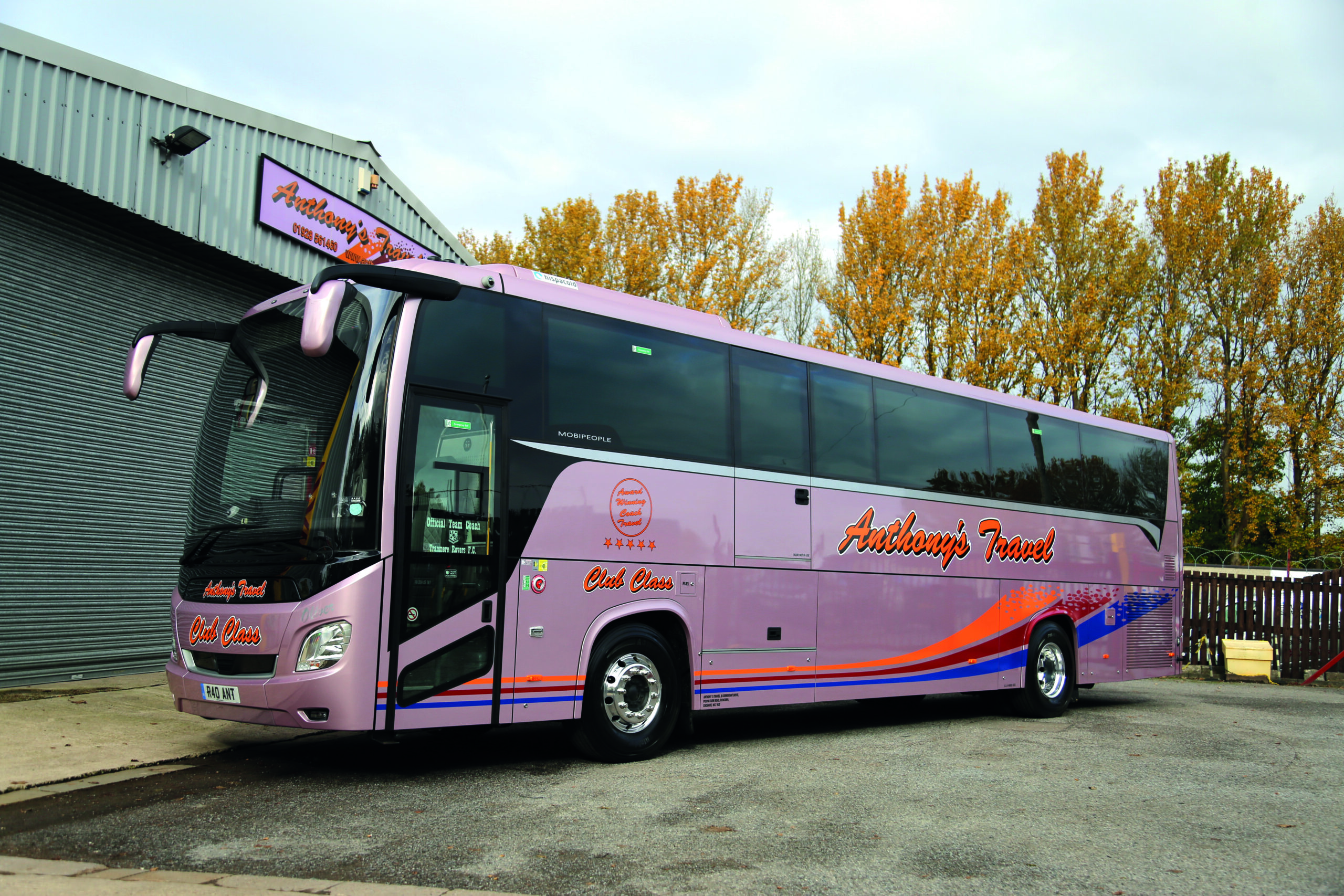

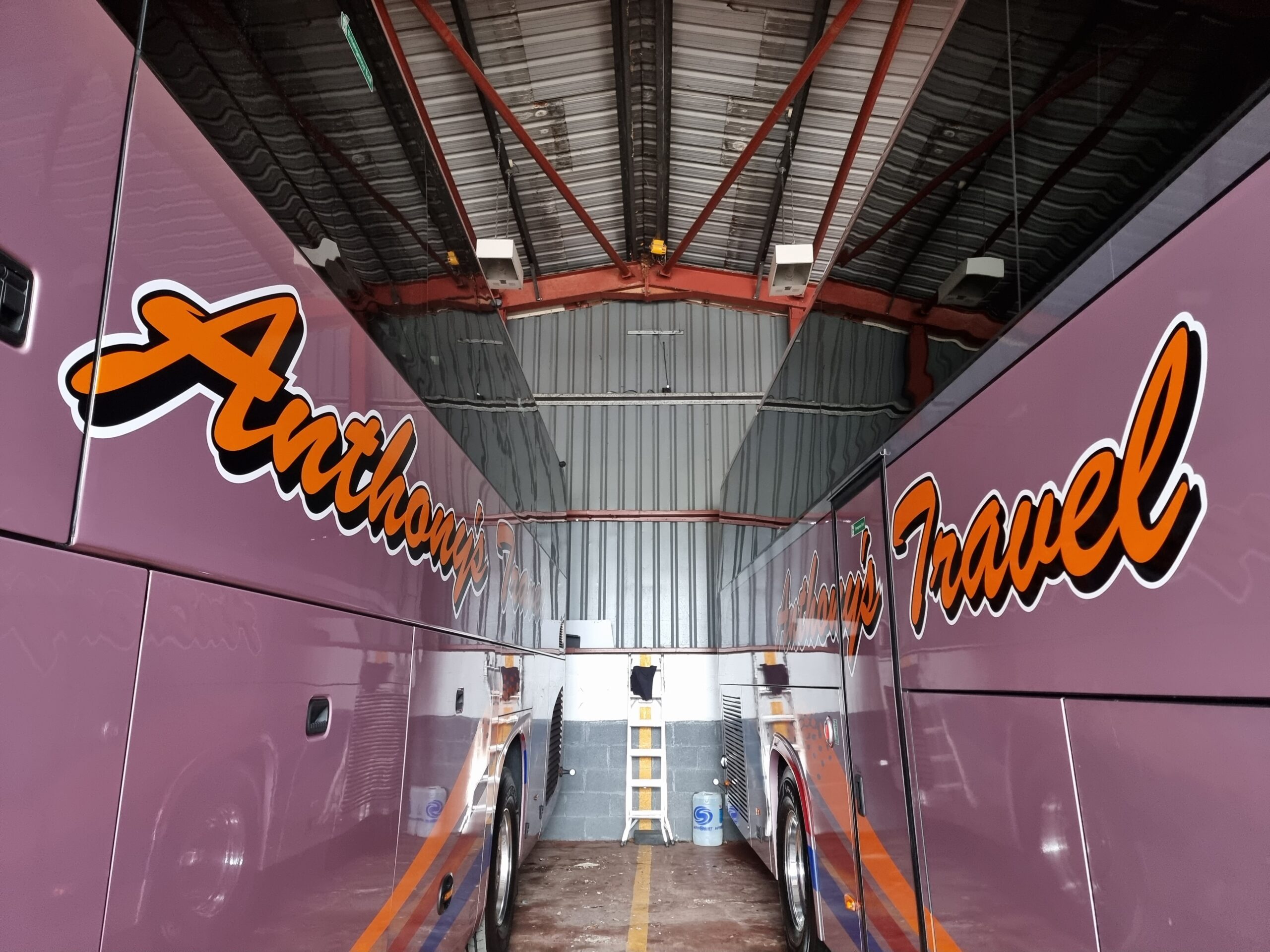
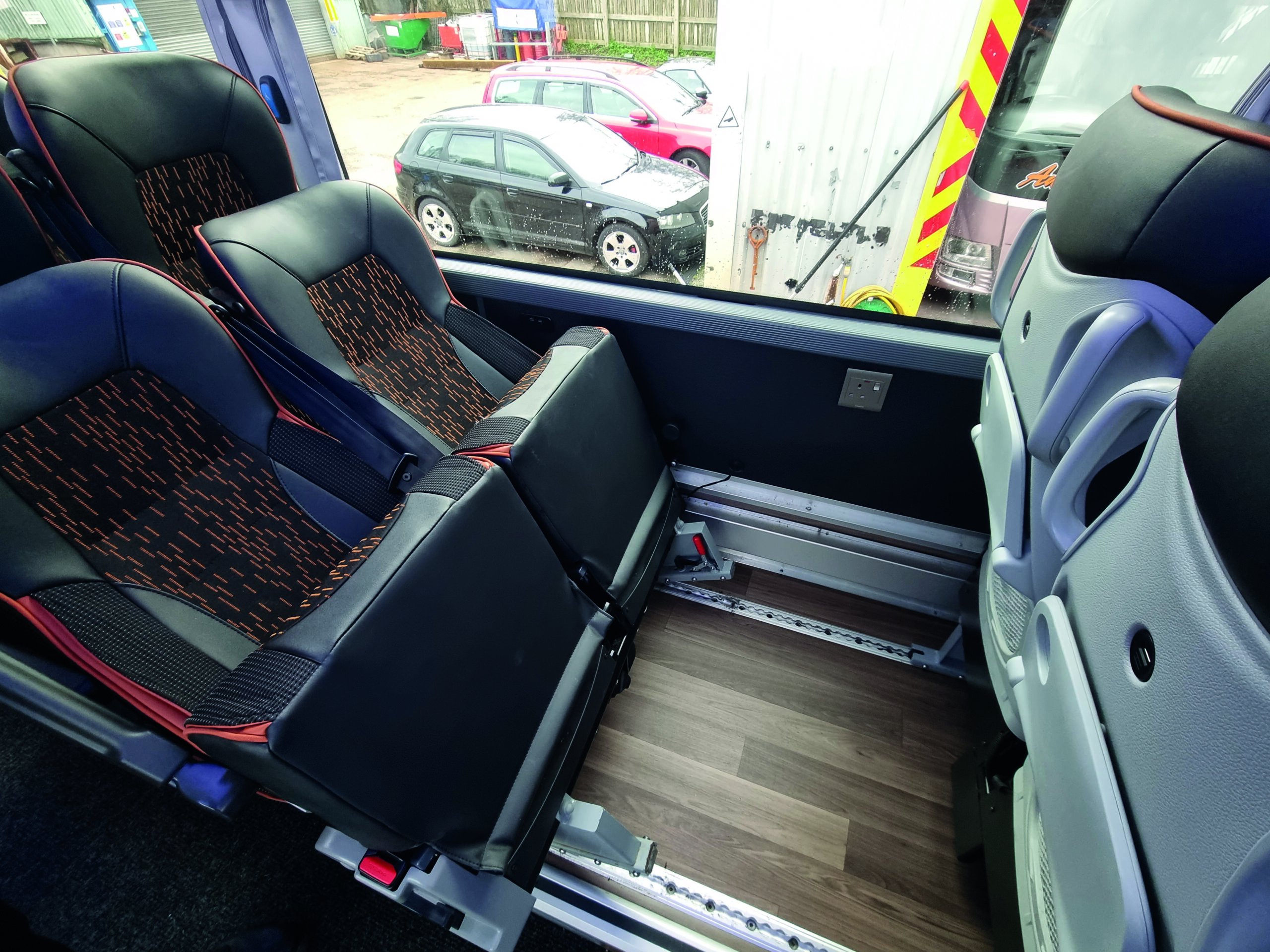
Joint Progress
We are not alone with net zero fears; our concerns are identical to ones felt in the haulage sector. Coaches are often unheralded and under appreciated, but there is a realisation that practically everything we eat, wear, sit on or sleep on, most things that we own in fact, come on the back of a truck and therefore by default there maybe a glimmer of hope from that direction.
Hauliers on average experience profit margins of 2.5%. If there was more consolidation in the haulage industry and less competition, hauliers’ profits would go up but this would affect the cost of goods and services; we all benefit from having a very competitive haulage industry and quite simply the country relies on hauliers. So when measures are taken to help move trucks to net zero, be it infrastructure, technology or vehicle developments, it will by default effect the coach industry too; Scania is just one recent example, and we’re now seeing proven technology from its trucks becoming available for coaches too.
Technological Fears
Not all technological advances fill me with dread. I have been dabbling with AI for simple reports and policies and have been impressed with the results. Near to my own depot is Daresbury Science Park, home to the UK’s biggest super-computers; cables from the US will be coming into the North West near Southport and the Liverpool City Region will become a hub for AI advances. I strongly believe that we will be able to revolutionise our offices, maybe our booking systems, our data analysis,… the possibilities seem virtually endless. We just need to make sure we don’t lose sight of the people who matter the most, the end user: our passengers. They will still want the best customer care and to speak to humans, not robots, so we need to get the balance right so that AI enhances our businesses but doesn’t destroy what we are good at.
We now have driverless taxis operating abroad, and they will be in London next year too. How long will it be until the first coach is driverless – what sounded like a fantasy only a few years ago appears infinitely more probable now, even if it’s not quite on the doorstep of daily operation just yet.
The coach industry transports millions of people each year, be it to school or work, or supporting railways airlines, cruise ships, the armed forces, tourism, sports team travel, event logistics, festivals, and virtually anything else that requires people to move around. Let’s not forget: we do a great job, and we are often the fabric of our local communities, but we are only the current custodians of this wonderful industry, so we need to make sure the decisions we make for the future work towards enhancing the services we provide, without reducing the quality.
Explore the Stands


